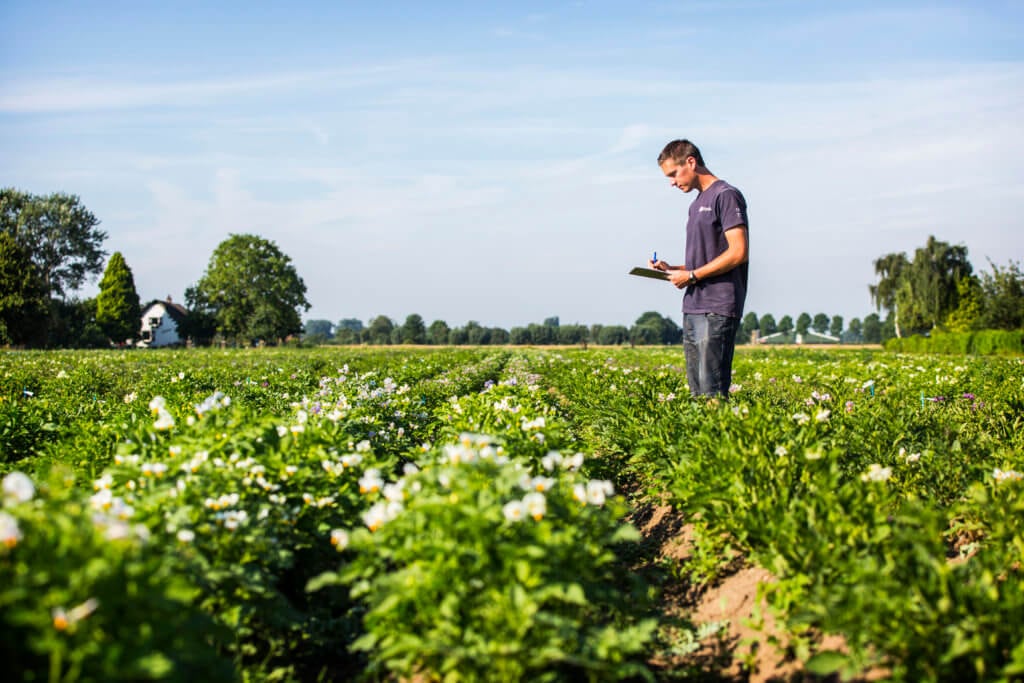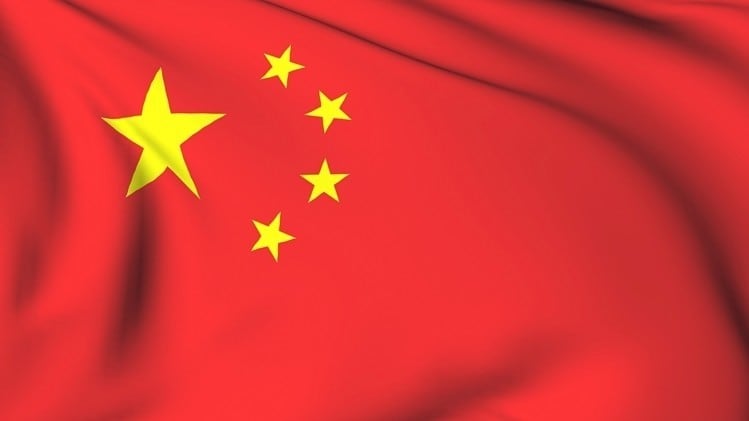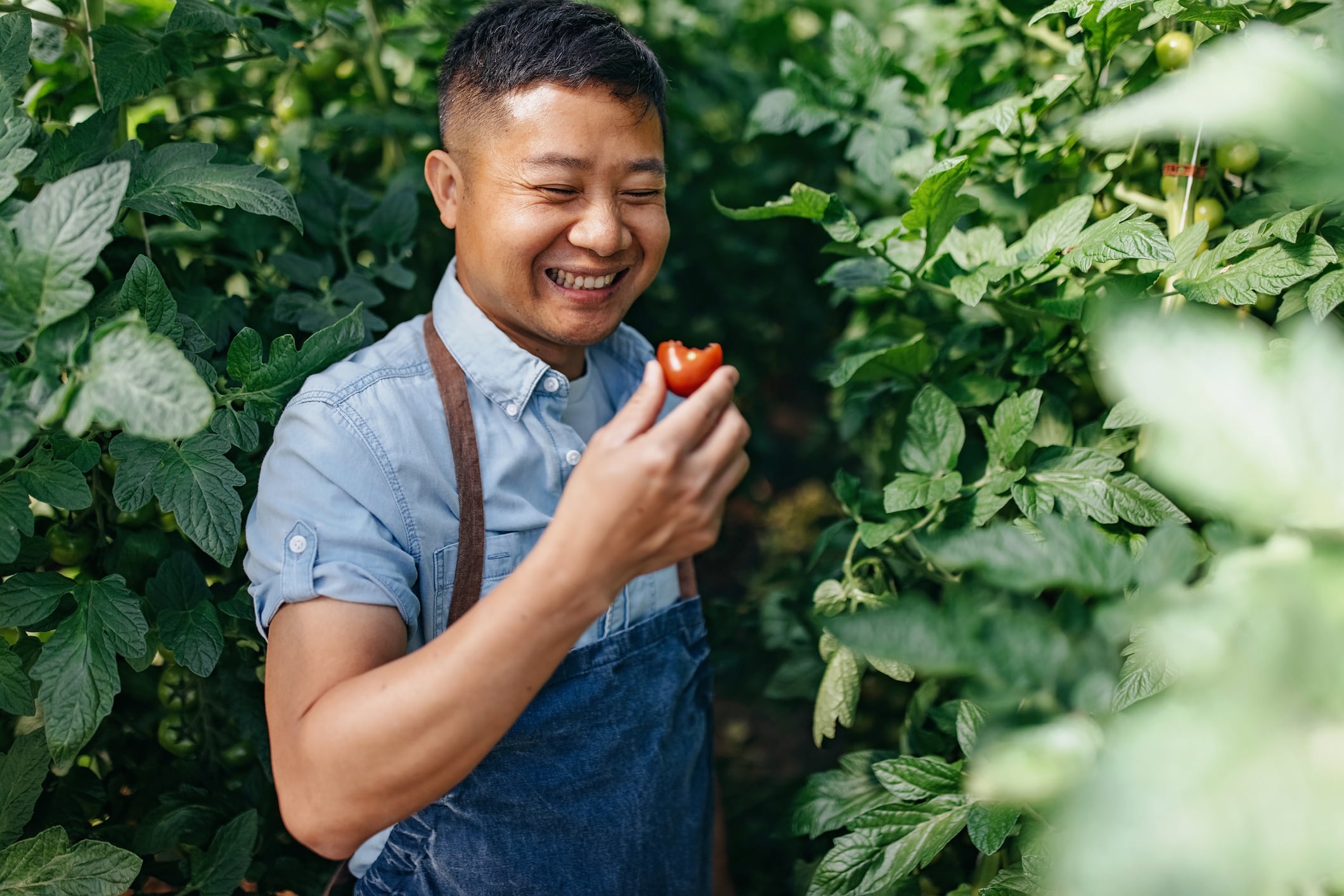Still, the need to address societal challenges in terms of food production, security and accessibility is expected to continue driving change in the sector.
The Netherlands has been at the forefront of agtech innovation — vertical farming is booming, with companies like Philips Lighting and PlantLab leading the charge. At the same time, the integration of artificial intelligence (AI) and Internet of Things (IoT) technologies is enhancing precision farming, optimising resource use and crop yields.
These developments are boosted by a robust funding landscape that has seen heavy investments from both public and private sectors, with venture capital (VC) firms like Rabo Frontier Ventures actively supporting agtech start-ups.
Public sector push
For its part, the Dutch government has displayed a pro-active stance towards agtech, with grants and subsidies further incentivising innovation and ensuring a steady flow of funds into the sector. Recognising agtech’s potential to address global challenges, it actively engages in international collaborations, with regulatory frameworks designed to encourage experimentation with and adoption of cutting-edge technologies.
Additionally, the Dutch government has implemented supportive policies to boost agtech, with initiatives promoting sustainable agriculture — such as the Circular Agriculture Programme — aiming to reduce environmental impact. The Netherlands is also investing in research and development (R&D), fostering collaboration between academia and industry.
According to Eelke Westra, Post-harvest Quality Programme Manager at Wageningen Food and Bio-based Research (part of Wageningen University and Research), the Netherlands has several key policies and initiatives to drive agtech innovation.
Westra’s professional focus centres around agtech developments, which he believes is crucial as technological innovations have a significant impact on the efficiency, sustainability and future resilience of food production.
Speaking to AgTechNavigator, he said: “The Dutch government implemented a Top Sector policy that supports nine sectors, including agriculture and food. The objective is to stimulate public-private collaboration and encourage the development of innovations in line with societal challenges. Financial incentives are given to companies to promote innovation via research and developments.
“These incentives can come in the form of grants, subsidies or tax reductions. In fact, Wageningen Research is a key player in the innovation ecosystem, since we provide direct access to expertise and state-of-the-art facilities via dedicated services, such as technical assistance and development (as well as co-development) of solutions. This helps organisations to shorten their time-to-market because their R&D efforts can be scaled via our available R&D capacity, depending on their needs.”
The direction of travel may change since the victory of Geert Wilders' nationalist Freedom Party in the 22 November general election and talks to form a new government are still underway. He added that Wageningen Research supported the Dutch government in developing agricultural policies, saying: “We provide the government with the key figures and background for its policies (and discuss) their possible effects. The government then decides on what policies and legislation to put in place.”
These supportive policies and robust funding mechanisms, alongside a commitment to sustainability, would expectedly position the Dutch agtech and food tech sectors for further growth, thereby contributing to both national and global food security.
EU regulations: More hindrance than help?
However, EU regulations on agriculture in the region could hamper the growth of the Netherlands’ agtech sector. For instance, while the Common Agricultural Policy aims to support farmers across the EU, its focus on historical subsidies based on past production might not be the best fuel for the agtech engine.
As a result, Dutch innovators, keen on precision farming and smart technologies, might find themselves ploughing through paperwork rather than focusing on pushing the boundaries of agricultural technology.
Another example is the Plant Protection Products Regulation, i.e., the pesticide police of the EU. For Dutch agtech companies developing cutting-edge, eco-friendly pest control solutions, navigating the approval process can feel like a never-ending maze.
The EU is also famously strict on genetically modified organisms (GMOs). While this is designed to ensure food safety and environmental protection, they can also put the brakes on genetic advancements in Dutch agriculture. While the intention of EU regulations is to create a level playing field, they might unintentionally turn the fertile Dutch agtech landscape into a regulatory obstacle course.
Scaling, funding and sustainability challenges
This may also present issues for scaling in the Dutch agtech sector — according to Westra, EU legislation is one of the barriers to scaling in the industry. He said: “To give an example, there are innovative solutions to dynamically provide consumers with expiry dates on food but this is not allowed at the moment.”
However, he added: “The main limitation the Netherlands faces is the size of our country and our borders. Therefore, there has been development of ag-tech that is not bound to land or that increases the land-use efficiency as methods to overcome these barriers.”
Indeed, scaling up Dutch agtech innovations faces domestic challenges, including the need for widespread adoption by traditional farmers. Additionally, infrastructure development and ensuring the accessibility of advanced technologies to smaller agricultural players remain focal points for the industry.
There are also challenges when it comes to securing to help increase sustainability in the Dutch agtech sector, where consumers and companies are the stakeholders influencing overall sustainability.
Westra said: “Through public funding, we can develop innovations on a meta level. But to generate impact, you need companies to integrate innovations into their products. When addressing sustainability from a company perspective, the required funds are large and it’s difficult to get a return on investment.
“What I see are companies that do want to innovate but don’t have the R&D budgets to do so. It’s a challenge to pool a multitude of companies together with more or less the same goal; they do want funding to address the challenges they face but not for their competitors. Therefore, having the Top Sector policy in place helps to lower the investment risks for companies and make partnerships easier.”
At the same time, there remain gaps in how sustainability efforts in the Dutch agtech sector align with the Netherlands’ national sustainability and food security agenda and how these different areas complement one another.
Westra believes there is “no clear answer” to this particular challenge as “these overlapping themes create a very complex system”. He elaborated: “Overall, there is alignment and (different) areas do complement each other. However, to give you an example (of misalignment), the shelf life of cucumbers is increased from four to 14 days when packed in plastic film.
“But with the trend to reduce the use of plastic packaging, a lot of cucumbers are sold without this protective film, resulting in more food waste. The impact of food waste on (the Netherlands’) carbon footprint outweighs that of the use of this plastic film five-fold.”
Twinning is winning
Still, Westra is optimistic about the future of Dutch agtech, particularly when it comes to its potential to minimise food loss and increase the availability of more nutritious food products.
Highlighting the Netherlands’ position as the world’s second-largest exporter of agricultural produce (after the US), he said, “The major developments in the Dutch ag-tech and food tech domain are driven by the societal challenges faced by the Netherlands — like sustainable agriculture and nutritious food — and the role it plays in the international trade and distribution of agriculture and food products.
“An example of this is the improved decision-making achieved via digital twins. These twins are a digital representation of a physical system and is fed real-life data, with the output used by supply chain actors to make more informed decisions.
“This lessens food loss and allows for more nutritious food to reach the intended consumers. This development goes hand in hand with the development of measurement and sensing equipment that measures in more detail the characteristics of a certain food or agriculture product.”




